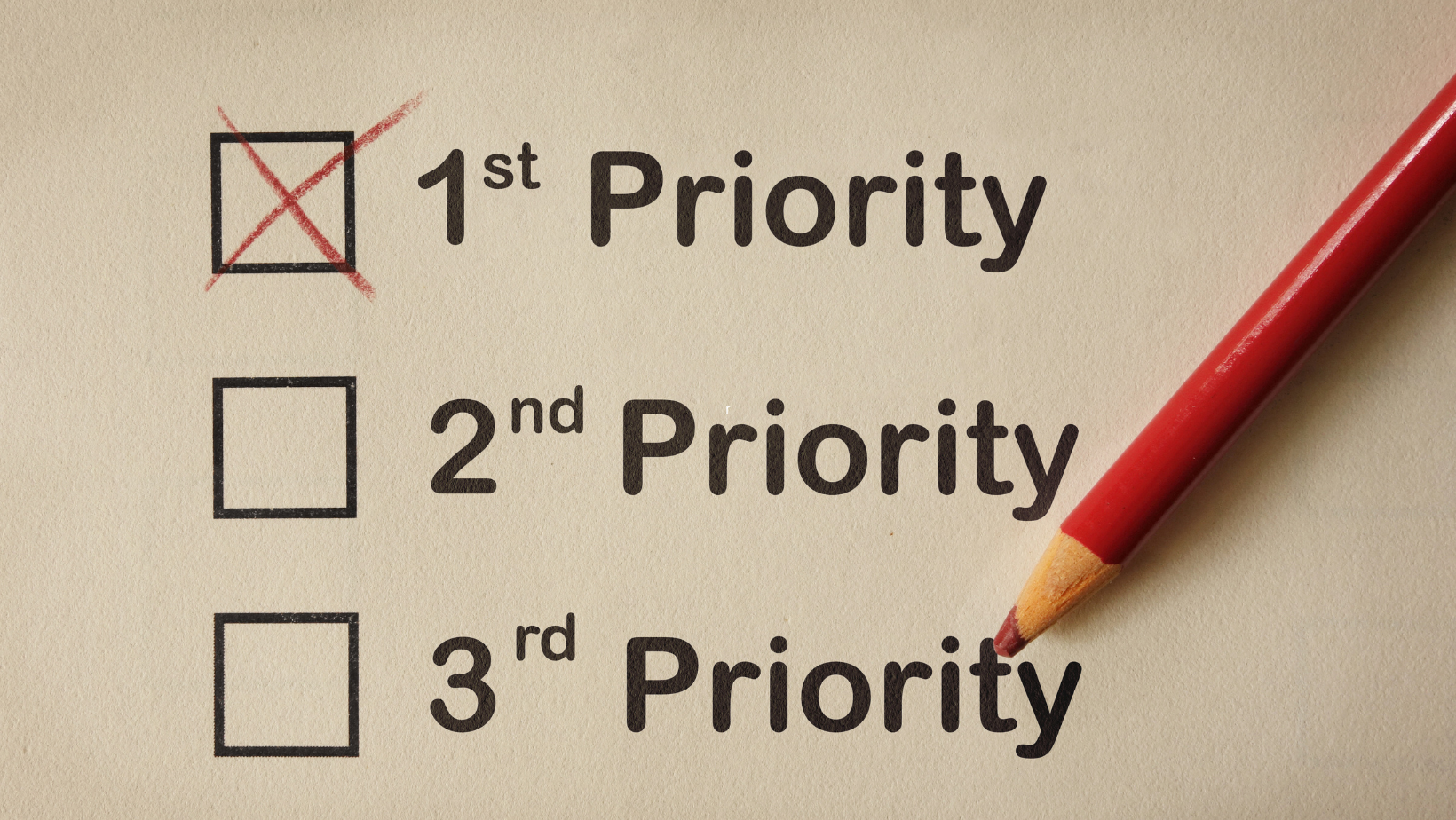In today’s fast-paced world achieving a work-life balance feels like a distant dream for many. Yet as the quest for personal fulfillment and professional success grows stronger more individuals are seeking careers that offer both. The best careers for work-life balance not only provide financial stability but also allow time for personal growth and leisure.
Best Careers For Work Life Balance
Some careers offer unique opportunities for individuals seeking work-life balance. Data analysts, for instance, often benefit from flexible schedules that allow them to work during peak productivity hours. Similarly, graphic designers frequently enjoy remote work options along with creative control, enhancing their work-life balance. Careers in education, like teaching, offer structured hours, extended breaks, and the ability to engage in personal growth. Human resource specialists also experience a supportive work environment enabling harmony between personal obligations and professional duties.
Importance Of Work Life Balance
Work-life balance is crucial in maintaining overall well-being and enhancing job satisfaction. By prioritizing both personal and professional aspects, individuals can prevent burnout and reduce stress. Careers that support work-life balance help retain top talent, as employees feel valued and motivated. These jobs often foster an environment that encourages personal growth, further emphasizing the importance of work-life balance. Data from the American Psychological Association links balanced lifestyles with lower stress levels, illustrating how essential this concept is for mental health. Companies that prioritize work-life balance often see increased productivity and creativity among their workforce. Offering flexible work schedules and remote options are practical examples of this commitment. Work-life balance remains a key factor in job selection for many individuals, as it directly impacts their quality of life. As the workplace adapts to modern demands, the focus on achieving a harmonious balance between work and personal life strengthens communities and economies.
Factors To Consider When Choosing A Career
When selecting a career path, several factors impact work-life balance, directly affecting personal and professional satisfaction.
Flexibility
Flexibility is crucial when choosing a career for work-life balance. Flexible work arrangements, such as remote work or adjustable hours, allow individuals to manage personal commitments alongside professional responsibilities. Careers offering flexibility often lead to greater job satisfaction by reducing stress and increasing autonomy. Examples like graphic designers and software developers frequently have flexible schedules, making them ideal for those seeking balance.
Job Satisfaction

Job satisfaction is vital for a sustainable work-life balance. Careers that align with personal values and interests contribute to long-term happiness and motivation. Occupational therapists and educators often report high job satisfaction due to impactful work and meaningful interactions. Satisfaction ensures commitment and reduces the risk of burnout, fostering a balanced, fulfilling lifestyle.
Top Careers For Work Life Balance
Choosing careers for work-life balance enhances personal well-being and professional satisfaction. Various fields offer options catering to this priority.
Teaching And Education

Teaching and education careers naturally integrate work-life balance. Educators enjoy structured periods and generous vacation times, supporting personal time management and activities. Opportunities extend to extracurricular involvement, providing diverse experiences. Careers in education, such as school teachers and academic counselors, often align with school calendars, allowing synchronization with family routines and additional time for leisure.
Technology Jobs
Technology jobs, including software development and data analysis, rank highly for work-life balance. Many tech companies embrace remote work and flexible hours, valuing employee autonomy. Professionals in this field can often choose projects aligning with personal values, promoting satisfaction. Tech roles allow individuals to craft a conducive environment that merges both productivity and relaxation seamlessly.
Tips For Achieving Work Life Balance In Any Career
Work-life balance is essential for maintaining well-being and job satisfaction in any career. By implementing strategies that align professional duties with personal life, individuals can create a more fulfilling and harmonious existence.
Prioritizing Tasks

Efficient task management is vital for work-life balance. Identifying critical tasks and concentrating on them allows individuals to achieve more in less time. Utilizing tools like planners or digital apps for organizing tasks helps structure daily activities and minimizes distractions. By delegating non-essential duties, workers can focus on high-priority assignments, leading to increased efficiency and reduced stress. Strategic prioritization ultimately supports both work performance and life satisfaction.
To Conclude
Achieving work-life balance is more attainable than ever as career opportunities evolve to meet modern needs. By choosing professions that align with personal values and offer flexibility, individuals can enjoy fulfilling careers without compromising their well-being. Whether opting for roles with remote work options or structured hours, the key lies in selecting paths that support a harmonious lifestyle. As companies continue to value employee satisfaction, the future looks promising for those seeking balance. Embracing this approach not only enhances personal health and happiness but also contributes positively to broader societal and economic well-being.



